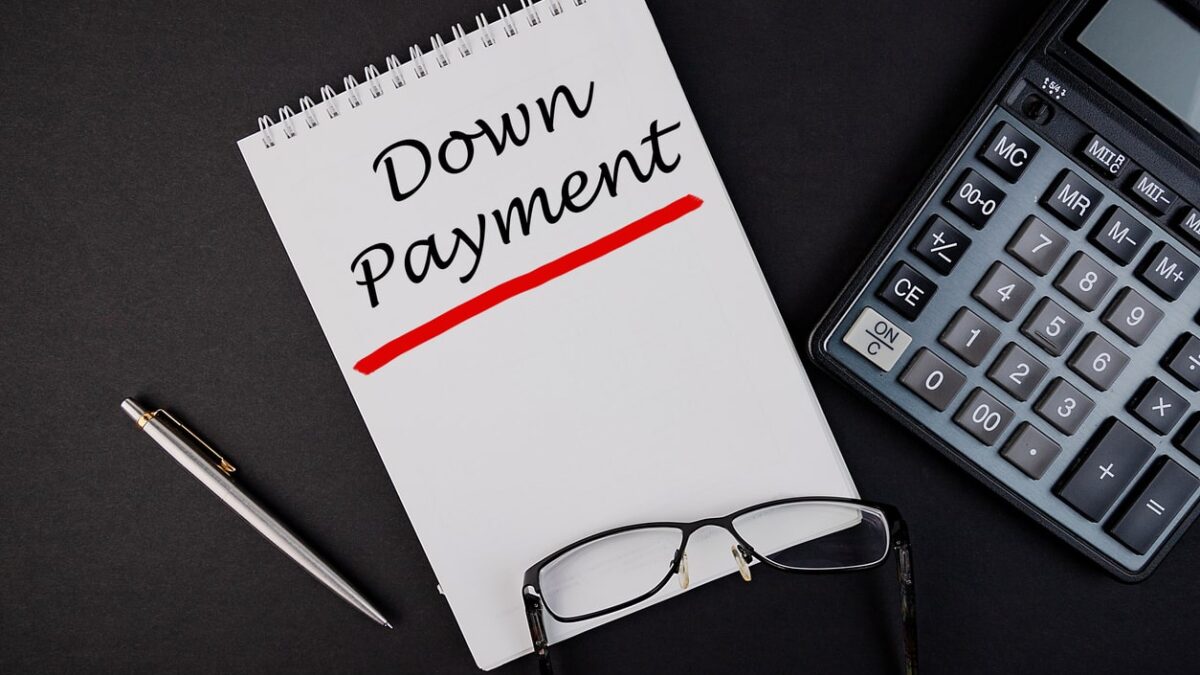Strategic and Specific Ways to Save Money for a House Down Payment (PART 1/2: Strategy)
It’s no secret that buying a house is one of the most significant (and expensive!) purchases you will ever make. Younger generations are finding it more difficult than ever to save up to buy a home. And with such factors and constraints as high student loan debt, delaying marriage, tighter lending standards, hidden costs of ownership, and an increasing amount of individuals being lured to expensive cities for work opportunities, that’s not surprising. But with a few tips for ways to save money for a house down payment and a little guidance on overall strategy, your dream of buying a home might be more attainable than you think.
We’ve put together a short 2-part guide to first help you come up with a saving strategy, followed by some specific and practical ways you can start saving. First off, let’s set the groundwork to implement ways to save money for a house down payment with a little strategy.
- Determine how much to save for
- Create a realistic aggressive budget
- Get control of your debt
1. Determine how much to save for
To lay the groundwork for ways to save money for a house down payment, you first have to determine the amount you’ll need to save and give yourself a timeframe.
Everyone’s probably heard that the generally accepted amount to save for a house down payment is 20%. While that amount is certainly encouraged for several reasons, it might not be necessary. So don’t let that number scare you off if saving up that much in a reasonable time just isn’t realistic for you!
That 20% number comes from the cash amount lenders generally require you to put upfront without also requiring you to take out private mortgage insurance (PMI), which will add to your monthly mortgage payment. With PMI involved, you could end up only needing to shell out as little as 3% initially, depending on your credit. However, if you choose the PMI route, while you’ll avoid having to put down as much cash at the outset, you’ll end up paying more for your home overall. But some find this exchange worth it if it means they don’t have to wait as long to get a house.
There are also some other government-backed lending options to be considered if 20% down seems unrealistic for you. If you are eligible for a USDA loan, FHA loan, or VA loan, you might even qualify to buy a home with no down payment at all.
With so many options out there, speak with a financial advisor to determine what’s best for you. Then come up with a figure for a down payment to save for based upon houses in your price range, and give yourself a reasonable time frame. Online mortgage calculators can be a significant help here.
2. Create a realistic aggressive budget
Second, when considering strategic ways to save money for a house downpayment, you need to create a realistic, yet aggressive budget. While budgets usually elicit a groan from most people, committing to a well-crafted budget is absolutely essential when saving money.
If you know how much you need to save each month to reach your savings goal in a specific time frame, consider that amount an essential part of your budget, alongside things such as car payments, rent, insurance, debt payments, etc. Then look at all of the non-essential things you spend money on, and be aggressive with ways to cut down on unnecessary purchases. However, be realistic and make sure you create a budget you can actually stick to. There are also plenty of online budgeting tools to help out if this part is difficult for you.
3. Get control of your debt
Finally, it will be challenging to implement ways to save money for a house down payment or qualify for a loan if your financial situation includes a mountain of debt.
While it’s possible to find ways to save money for a house down payment while also paying off your debt, it will be difficult to make significant progress with either if you’re having to juggle both. The best thing to do is aggressively tackle reducing your overall debt situation first before saving for a home.
Taking time to divert extra funds to lowering or eliminating your debt might seem counterproductive if you’re trying to save money for a home. But it’s worth it. One of the first things loan officers will assess when considering you as a candidate for a loan is your debt-to-income ratio (DTI).
The more debt you have relative to your income, the less desirable you are as a candidate for a loan. This will lead to higher interest rates and a more substantial down payment required. To avoid this, address your debt situation before considering applying for a home loan. You will save money overall in the long run and fare more positively with lenders and the down payment that will be required of you.
To come up with the best overall strategy considering your finances and ways to save money for a house down payment, consult a financial adviser. It would also be helpful to do research on your own about personal finances and financial planning from reputable sources.
Stay tuned for Part 2!
Be sure to stay tuned for Part 2 of this guide where we discuss some practical and specific ways to save money for a house down payment!
Are you considering buying a new home? Give Ruth Stultz a call to see how she can help! Ruth Stultz is a highly experienced realtor who understands Lake Conroe and Montgomery County better than anyone. When it comes to finding the perfect property with everything you want, Ruth knows exactly where to look. You can trust Ruth Stultz with finding your next home, or the sale of your current home.
Love this content and want more? Check out our blog!





